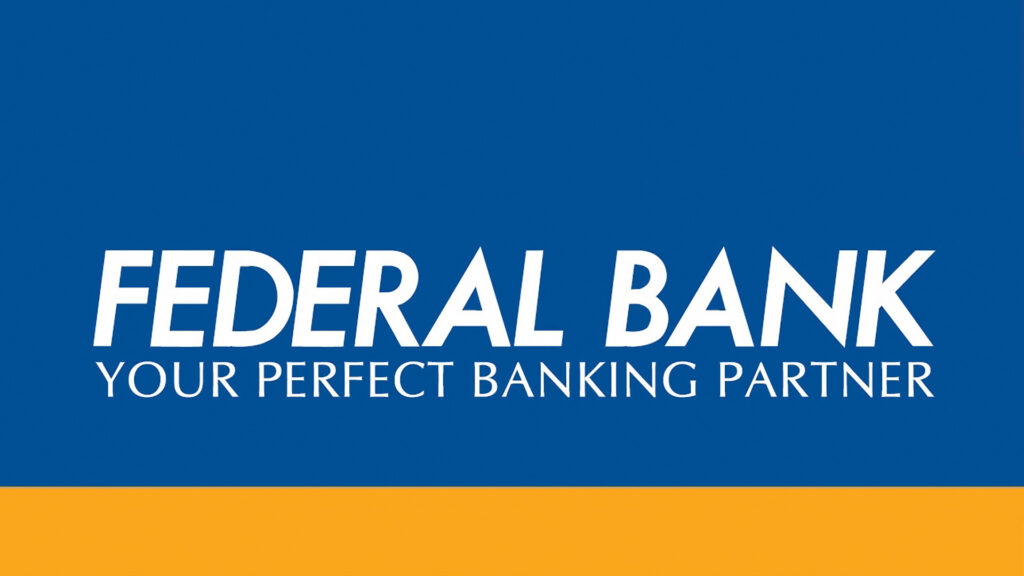Fedfina to raise up to Rs 1,400 crore from IPO by end of 2023

Fedfina to raise up to Rs 1,400 crore from IPO by end of 2023
Fedbank Financial Services, the Non-Banking Finance Company (NBFC) arm of Federal Bank, is planning to raise funds through an Initial Public Offering (IPO) by the end of 2023. The company aims to secure up to Rs 1,400 crore through the IPO. The previous attempt to file for an IPO was affected by unstable market conditions, which resulted in the process being put on hold.
However, Fedfina has recently re-filed its Draft Red Herring Prospectus for the IPO, signaling its renewed intention to go public. Federal Bank’s Managing Director and Chief Executive, Shyam Srinivasan, confirmed that the IPO size is expected to be in the range of Rs 1,200-1,400 crore. The management plans to execute the IPO sometime during the calendar year 2023.

Mr. Srinivasan also stated that the NBFC arm, Fedbank Financial Services, is experiencing robust growth and currently possesses sufficient capital to support its expansion plans until early 2024. This indicates the company’s confidence in its growth trajectory and its commitment to raising capital in a strategic manner to meet future business requirements.
The successful IPO will not only enable Fedfina to access fresh capital for its operations but also provide an opportunity for investors to participate in the growth potential of the company. As the IPO process moves forward, market conditions and investor sentiment will play a critical role in determining the timing and success of the offering.
According to the managing director and chief executive of Federal Bank, the capital markets regulator SEBI will need some time to review the IPO papers, and the issuance is expected to take place in the next 90-100 days.
The retail finance-focused company, Fedbank Financial Services, intends to raise up to Rs 750 crore through a fresh issuance of shares. Additionally, there will be an offer-for-sale portion, in which Federal Bank plans to offload 1.64 crore shares, and private equity player True North aims to offload 5.38 crore shares. At present, Federal Bank holds a 74 percent stake in the NBFC arm.

The IPO will enable Fedbank Financial Services to raise fresh capital to support its growth plans in the retail finance sector. Moreover, the offer-for-sale portion allows existing stakeholders, such as Federal Bank and True North, to partially exit their investment by selling some of their shares. This allows them to realize their investment gains and potentially rebalance their investment portfolios.
The successful IPO and listing of Fedbank Financial Services on the stock exchange will provide investors with an opportunity to participate in the company’s growth story. As the IPO process progresses, potential investors will closely monitor the market conditions and the company’s financial performance to make informed investment decisions. The timing and pricing of the IPO will be crucial factors in determining the level of investor interest and the overall success of the offering.

Federal Bank’s Managing Director and Chief Executive, Shyam Srinivasan, had previously stated that even after listing Fedbank Financial Services (the NBFC arm), Federal Bank intends to maintain a majority stake in the NBFC.
The bank recently raised Rs 3,039 crore through a qualified institutional placement (QIP) of shares. This significant capital infusion is expected to sustain the lender’s growth plans for up to four years. The bank has earmarked this capital to support the expansion of its lending activities in several areas, including credit cards, microfinance, commercial vehicles, and personal loans. These segments are relatively new for the bank, and it aims to tap into their growth potential.
As of now, the four lending lines mentioned above contribute Rs 8,000 crore to Federal Bank’s overall loan book, which stands at over Rs 1.8 lakh crore. Srinivasan envisions that by 2027, these four businesses will grow substantially, accounting for Rs 40,000 crore of a total loan book of approximately Rs 3.5 lakh crore. This translates to a loan book growth rate of 18 per cent per annum, which would effectively double the bank’s loan book in four years.
The bank’s ambitious growth targets reflect its confidence in the potential of these lending segments and its commitment to expanding its presence in these markets. The successful implementation of these growth plans would position Federal Bank as a formidable player in the retail finance space and bolster its overall performance and market position. Investors and stakeholders will be closely observing the bank’s progress in achieving these growth targets and its ability to capitalize on the opportunities presented by the new lending areas.
Shyam Srinivasan addressed concerns related to unsecured lending and clarified that Federal Bank’s exposure to such products is currently limited, and the bank plans to maintain a cautious approach even as it aims for faster growth. To mitigate risks, the bank has decided to cap its exposure to unsecured lending at 10 percent of the overall loan book.
He also commented on the wider banking system, acknowledging that some banks have been experiencing significant growth, exceeding 40 percent, in unsecured lending products like credit cards and personal loans. However, Srinivasan expressed confidence that the overall growth in such advances will not pose a problem. He attributed this positive outlook to the availability of granular customer behavior data and the risks associated with non-repayment, which encourage customers to meet their obligations.
Regarding the new-to-credit (NTC) segment, Srinivasan saw the slowdown in lending to this segment as a positive development for the overall health of the banking system. This suggests that banks are taking responsible measures and being cautious in their lending practices.
On the wholesale lending front, Srinivasan emphasized Federal Bank’s strategy to have a more comprehensive relationship with clients beyond being just a small part of a lenders’ consortium. This approach likely involves building deeper connections with clients, understanding their needs, and offering a more comprehensive suite of financial products and services.
Overall, Shyam Srinivasan’s statements indicate that Federal Bank is proactively managing risks, especially in unsecured lending, and is focused on sustainable and responsible growth. The bank’s cautious approach to unsecured lending and its efforts to build stronger relationships with clients in wholesale lending demonstrate a prudent and balanced approach to managing its loan portfolio and enhancing the overall health of the institution.
Shyam Srinivasan emphasized the importance of building a broader relationship with clients beyond just being a part of a lenders’ consortium, particularly in the wholesale lending segment. He highlighted that such a comprehensive approach offers multiple advantages for the bank.
One significant advantage is that having a broader relationship with clients allows the bank to tap into other fee-based businesses from the same client. By providing a range of financial services and solutions, the bank can generate additional non-interest income, which contributes to its overall revenue diversification.
Furthermore, this approach also enhances risk management for the bank. When the bank has better visibility into the client’s fund flows and overall financial situation, it can assess the creditworthiness and financial health of the client more effectively. This improved risk perspective enables the bank to make informed lending decisions and manage potential risks more prudently.
Srinivasan acknowledged the value of focusing on non-interest income, which includes revenue generated from various fee-based services, as it provides a steady and sustainable income stream. By concentrating on deepening relationships with clients and offering a comprehensive range of financial services, Federal Bank has witnessed faster growth in non-interest income.
In summary, Federal Bank’s emphasis on building broader and deeper relationships with clients in the wholesale lending segment is a strategic move that brings multiple benefits. It not only opens up opportunities for fee-based businesses but also enhances the bank’s risk management capabilities and drives faster growth in non-interest income. This approach aligns with the bank’s goal of prudent and sustainable growth while delivering value to its clients and stakeholders.




